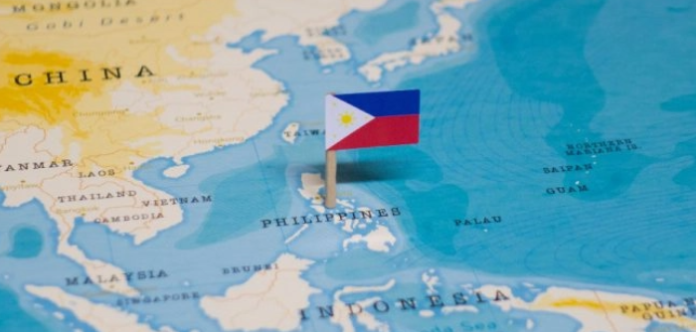The Philippines’ gambling regulator, Amusement and Gaming Corporation (PAGCOR), has confirmed that 74.78% of the illegal igaming websites so far detected have been blocked.
Ret. Gen. Raul Villanueva, President of PAGCOR’s Security Monitoring Cluster, said that the total number includes all illegal operations – from websites offering online games to mobile applications and offshore sites – found to be in breach of the Anti-Online Gambling Act.
“Of the 7,747 [illegal offerings], 5,793 [74.78%] were already blocked, and 1,954 are still active,” said Villanueva.
There are two general strategies usually implemented when dealing with the unlicenced services, the PAGCOR official added – either blocking the website or the URL itself or stopping all payment methods linked to it.
“The payment blocking as of now based on my research, there’s no studies yet on payment blocking because some of these criminals use cryptocurrency as a mode of payment. And the banking system is very complex, offshore banking is very complex.
“But we [have reached] out to payment portals like GCash and Maya, and we had a meeting two weeks ago with a representative of Gcash and they promised us to purge on these illegal sites because we have submitted to them or have publish or publish in our websites only the illegal sites,” he explained.
The regulator has also officially reached out to Facebook, as well as Google and Apple to take down illegal services from their respective app stores, which often include unlicenced e-sabong (cockfight) offerings.
“There was a reduction in Facebook ads, especially illegal sabong, because of these efforts that we’ve been doing. But they shifted to chat rooms like Telegram chatgroups they’ve been advertising and posting links on illegal sites.”
Legal over illegal
The Philippines has recently strengthened its efforts to clamp down on illegal gambling offerings in the country, as they pose a significant threat to the economy and anti-money laundering regulations.
In a previous statement, Alejandro H. Tengco, CEO and Chairman of PAGCOR, affirmed that the bad nature of such crime syndicates should not be allowed to leave a stain on the licenced gambling industry in the country. This is especially the case when it comes to the regulated igaming sector, which saw a 100% YoY growth in 2023 and is a valuable pillar of the local economy.
“We should not blame and demonise our licensed gaming operators because these are closely monitored by PAGCOR. Our licensees pay taxes, and they help provide legitimate jobs and livelihood to a lot of people,” Tengco said.
“To us, the real threat are the alien hacking and scam syndicates who operate underground, and they are the ones that our law enforcement agencies are trying to locate and dismantle. And we are cooperating fully with the authorities in this regard.”
Changes on the horizon
What’s more, PAGCOR is actively working towards delisting the Philippines from the FATF’s grey list by the end of 2024. The country was put on there in 2021 with 18 requirements to fulfill.
At the time of writing, there are just 8 left to complete, with PAGCOR’s work also being assisted by the Anti-Money Laundering Council and President Ferdinand R. Marcos Jr. himself.
Lastly, PAGCOR is also aiming to become a solely regulated entity with the help of a pending draft law from 2022 to establish the Philippine Amusement and Gaming Commission (PAGCOM).
PAGCOR currently owns nine Casino Filipino land-based buildings, as well as 33 Casino Filipino leased venues. The privatisation process of these properties is expected to start in 2025/2026.
Don’t forget to subscribe to our Telegram channel!











